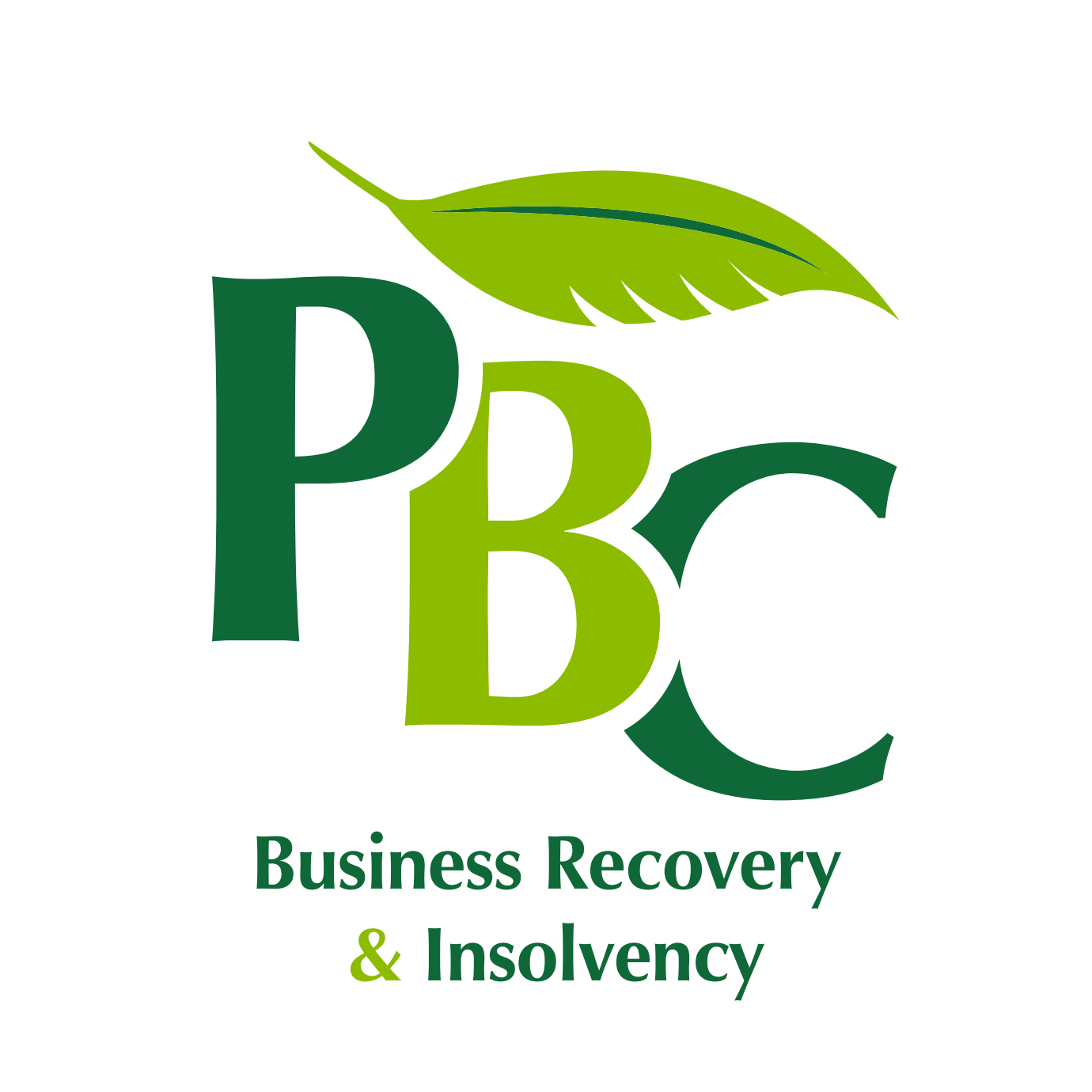It has become an increasing situation to discover adverse director loan accounts (”DLA”) showing on the balance sheet of companies that are in financial difficulties. All too often a director is left with a financial burden that requires settlement, whether that is in part or in full, paid by way of lump sum or over a period of time.
Where it is part settlement, is the unpaid balance of that DLA deemed to have been written off or are you simply released from that liability?
That was the question the tribunal judge had to consider in the First Tier Tribunal of The Commissioners for his Majesty’s Revenue and Customs versus Gary Quillan. The issue arose after Mr Quillan paid £57,000 to the liquidator of his company, leaving an unpaid balance of £382,456. HMRC decided to levy a tax charge against Mr Quillan under section 415 Income Tax (Trading and Other Income) Act 2005 that permits the assessment against any adverse DLA which is either written off or released (from being pursued). HMRC lost the appeal as the tribunal determined the DLA balance had not been written off nor released, merely left unpaid and available to pursue should the financial circumstances of Mr Quillan significantly improve at some later time in life, subject to the provisions of the Limitations Act.
Where an adverse DLA is concerned, if a director is incapable of repaying in full, paying a settlement in full and final satisfaction, it may expose that director to a section 415 tax assessment. But, in leaving the matter “Open” the risk carried is they could be subsequently pursued for the unpaid element at some later stage, presumably within the 6 years limitation period?
When faced with a company that has an adverse DLA, PBC look to work with the director to review the construction of the DLA to ensure the balance is a genuine personal liability. All too often we find the DLA includes genuine business expenses and often makes no allowance for setting off monies owed to that director. Indeed, in a recent instruction, PBC were able to successfully defeat a DLA recovery claim by litigation funders (acting for a liquidator) by exercising a similar review. Unlike that recent instruction, while a review may not extinguish the balance owed, it can often assist the director in reaching an agreement for repayment and in a manner that could minimise the threat of a tax assessment landing on the doorstep at a later date.
If you need any advice or assistance on any corporate restructuring or insolvency-related issue, then please contact PBC Business Recovery & Insolvency on 01604 212150 (Northampton), 01234 989150 (Bedford) or email to enquiries@pbcbusinessrecovery.co.uk. Alternatively, visit www.pbcbusinessrecovery.co.uk for further information.



